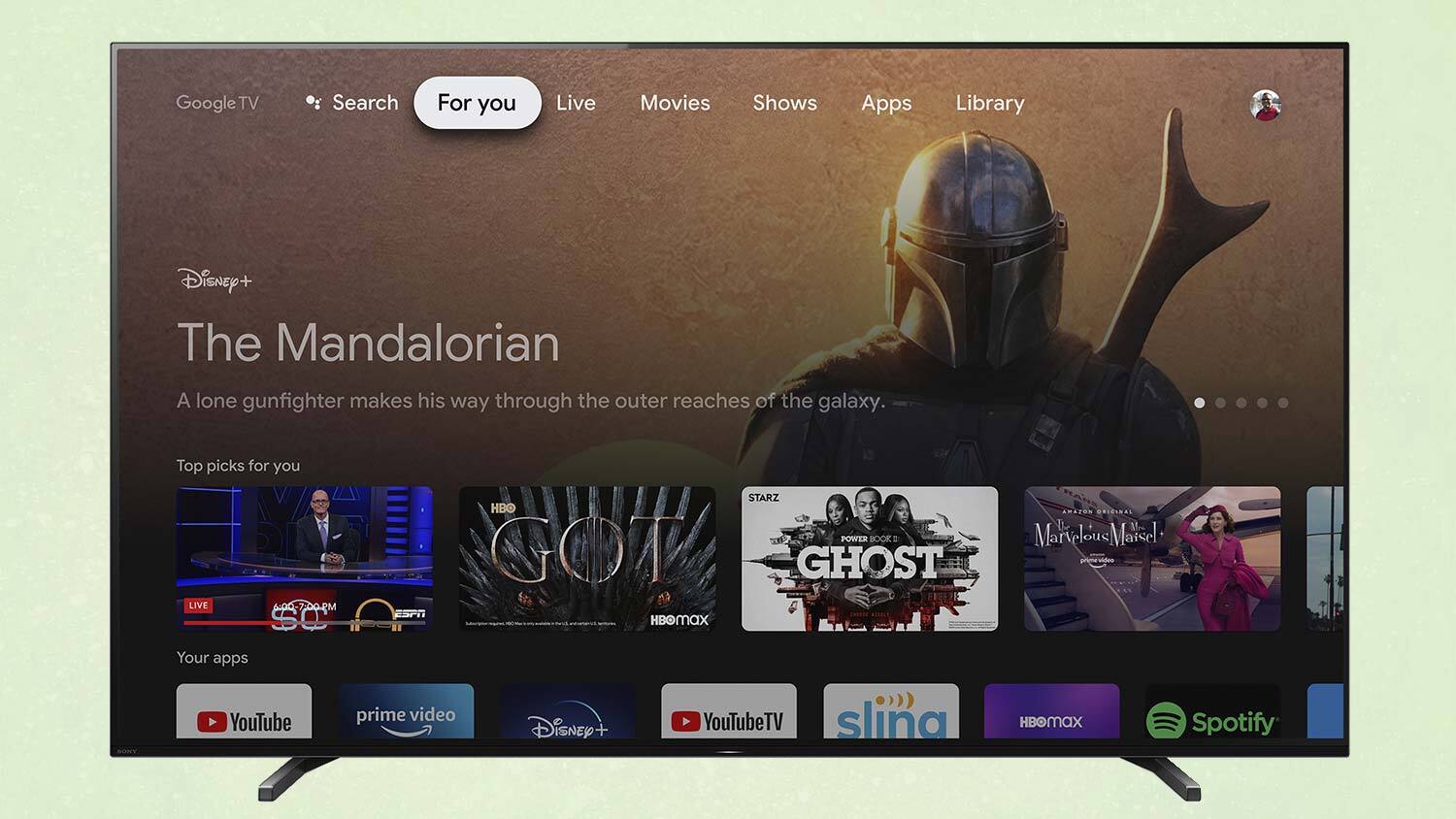Google TV Upgrades Storage, Performance
The improvements to the streaming platform include measures to reduce storage space taken up by apps

MOUNTAIN VIEW, Calif.—Google TV has unveiled a number of improvements to the TV operating system that it says will free up storage space, speed up devices, and create a smoother experience when navigating your Google TV.
In terms of storage, a Google TV blog post noted that they have implemented new ways to reduce the amount of storage space utilized on Google TV by reducing app sizes and hibernating background apps.
App Hibernation is a new feature that will automatically force apps to hibernate when not used for over 30 days (on Android S and above devices). In addition, they also used Android App Bundles for Google TV to reduce the size of the apps by roughly 25%. This frees up space on devices to download even more apps and to watch preferred programs without worry.
Both features have already been rolled out to devices, the company said.
Such improvements are notable given the relatively limited storage on connected devices.
In addition, Google TV has made updates to both devices and remotes to eliminate wait time by reducing the time it takes to wake up Google TV, the response time between the TV and button clicks on your remote, and the amount of time needed to load animation when rebooting your device.
The post also reported that a few months ago, they also introduced multiple changes to the Google TV home screen. The new navigation and content pages introduced in the U.S. have improved the Google TV home screen performance, creating a smoother experience across the board, the company said.
Get the TV Tech Newsletter
The professional video industry's #1 source for news, trends and product and tech information. Sign up below.
George Winslow is the senior content producer for TV Tech. He has written about the television, media and technology industries for nearly 30 years for such publications as Broadcasting & Cable, Multichannel News and TV Tech. Over the years, he has edited a number of magazines, including Multichannel News International and World Screen, and moderated panels at such major industry events as NAB and MIP TV. He has published two books and dozens of encyclopedia articles on such subjects as the media, New York City history and economics.

